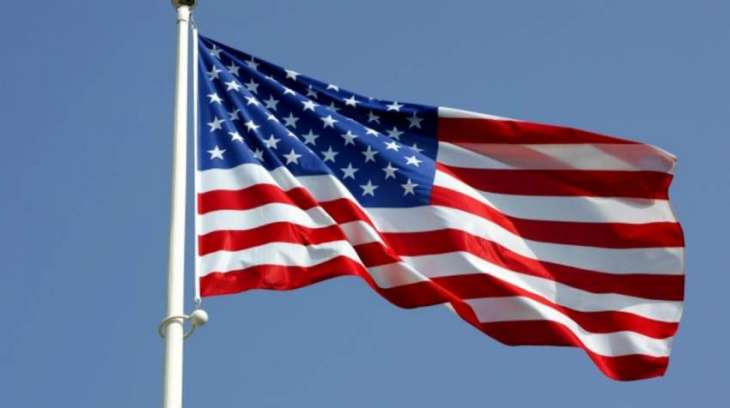A growing number of US adults now express willingness for the government to restrict posts of false information online, a poll by the Pew Research Center said on Wednesday
WASHINGTON (Pakistan Point News / Sputnik - 18th August, 2021) A growing number of US adults now express willingness for the government to restrict posts of false information online, a poll by the Pew Research Center said on Wednesday.
"Roughly half of U.S. adults (48%) now say the government should take steps to restrict false information, even if it means losing some freedom to access and publish content, according to the survey of 11,178 adults conducted July 26-Aug. 8, 2021," a press release explaining the poll said. "That is up from 39% in 2018."
A majority of adults, 59 percent, continue to say technology companies should take steps to restrict misinformation online, even if it puts some restrictions on Americans' ability to access and publish content, the release said.
Around four-in-ten (39%) take the opposite view that protecting freedom of information should take precedence, even if it means false claims can spread. The balance of opinion on this question has changed little since 2018, the release added.
Partisan divisions on the role of government in policing online content have emerged since 2018, with 60 percent of Republicans and Republican-leaning independents now saying freedom to publish should be protected, even if it means some false information circulates. Nearly as many Democrats (65%) instead say the government should take steps to restrict false information according to the release.
In 2018, 60 percent of Republicans and Republican-leaning independents and 57 percent of Democrats and Democratic leaners - agreed that freedom of information should be prioritized over the government taking steps to restrict false information online, the release said.
The survey has a margin of sampling error of plus or minus 1.4 percentage points.




